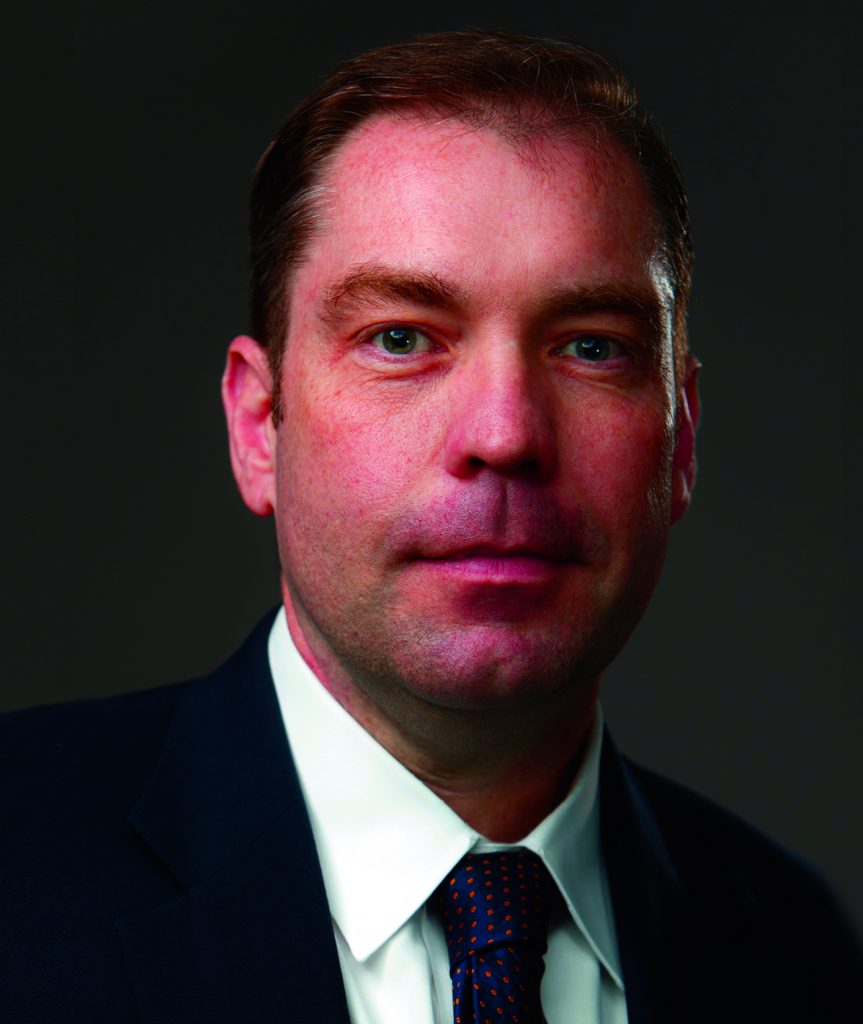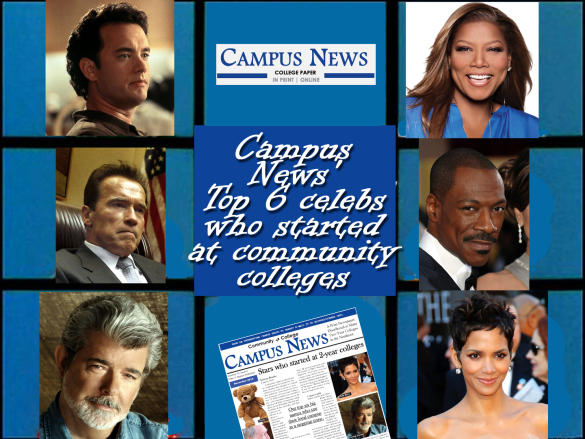Autism Spectrum Disorder can be baffling to educators, but CUNY has established itself as a leader in educating autistic college students by providing cutting-edge supports developed from groundbreaking research conducted at the University. CUNY enrolls more than 800 students with ASD, a condition that affects social-communication, interests and behaviors.
CUNY’s College of Staten Island offers innovative supports for incoming students who disclose they have autism and related disabilities – and has built a national reputation for related mentoring and research. The college works in tandem with similar programs on four other CUNY campuses through Project REACH (Resources and Education on Autism as CUNY’s Hallmark). Project REACH currently operates at Borough of Manhattan Community College, Brooklyn College, Kingsborough Community College and LaGuardia Community College, and is expanding to Queens and Hunter colleges. The population of CUNY students who have autism and related disabilities has soared by more than 250 percent since 2012, the first year CUNY received a FAR Fund grant geared to provide necessary services and support.
“CUNY is proud to be a leader in educating students with autism,” said Chancellor Félix V. Matos Rodríguez. “That leadership is the product of championing a philosophy that is now embraced internationally: Ask the students what they need to succeed. We welcome the growing number of students with autism entering our University and support our colleges’ commitment to serve them with a variety of cutting-edge programs.”
Project REACH is part of a group of CUNY programs for students with autism and related disabilities that includes CUNY LEADS, to help students obtain jobs and which has a presence on all CUNY campuses, and CUNY LEADS Plus, which operates at Bronx Community College, Guttman Community College and Queensborough Community College.
CUNY’s offerings stand out among colleges in the U.S. The College Autism Network, a national nonprofit that works to increase access to higher education for students with autism, in October reported that there were only 26 programs specifically geared to support students with autism in the “Mideast” section of the United States, which includes 722 colleges and universities.
Repudiating a History of Abuse
With its groundbreaking work, CSI has also repudiated a significant part of the sad history of autism. Its main campus sits on the vast plot of land once occupied by a 20th century hell house, the Willowbrook State School, where thousands of children and adults with autism and intellectual disabilities were abused and lost their lives until the state closed it down in 1987.
The population of individuals with autism, according to federal health officials, has grown enormously in recent decades, with about one in 54 children in the U.S. now affected. As therapies, strategies and attitudes change, more students with autism are finding paths to college, albeit often without the support they need. There is another complication: In order to receive support when it does exist, students with autism must disclose that they have a diagnosis.
Often, autism is not perceptible to those who are unfamiliar with its dimensions, which may include extreme anxiety, sensory processing and behavioral elements that require the development of coping mechanisms. There are an uncounted number of college students who, as they enter college, prefer to keep their diagnoses private.
These challenges make CUNY’s success all the more notable. Students with autism are mentored individually and in groups. Professors are required to provide accommodations such as extra time for exams and clearer instructions for all students with documented disabilities. Through Project REACH, students are encouraged to advocate for themselves. Students who are interested in taking on leadership roles are trained to mentor incoming students who also have autism.
In one published study, two autistic college students from the College of Staten Island joined a team of neurotypical researchers, led by Dr. Kristen Gillespie-Lynch, a CSI and CUNY Graduate Center faculty member, to evaluate writing produced by autistic and non-autistic college students. The team found that autistic students were better writers than their non-autistic peers, largely because of their higher nonverbal intelligence. Another paper co-authored by autistic students described how the Neurodiversity Movement, a social justice movement that started as an autism rights movement, can be used as a tool to build cross-disability alliances. This publication highlighted Building Bridges Project REACH, a unique mentorship program at CSI in which autistic students take on leadership roles as mentors, researchers and public speakers.
Student Support Equals Student Success
One of those students, Bella Kofner, graduated from CSI last June, as the pandemic raged. In the fall, she began work on a master’s degree and hopes to become a special education teacher. Kofner herself has come a long way in her own development. She did not speak until she was 7 years old, but she made great progress over the course of her childhood. By high school, she was able to take college-level courses through Advanced Placement, College Extension and College Now. Still, she needed the support of a paraprofessional to help her stay organized. Her teachers called her “a diamond in the rough,” and worried about acceptance of the lingering “quirkiness” of her conversational skills.
Kofner came into her own at CSI. “I learned about topics such as advocacy, time management, scheduling, how to prepare for finals. … My mentor suggested I go to the tutoring center or the writing center. I began to realize that it is OK to ask for help. I learned not to interrupt teachers during a lecture. To speak to them before or after class or during their office hours.” One of her mentors was a student with autism who, also like Kofner, came from a family of Russian immigrants. They bonded over cultural ties – and over the fact that they both had once needed support to help them stay organized.
Kofner has served as a mentor to several CSI students with autism including Michael Yarbrough. The third-year CSI student did not speak until he was 5. He attended District 75 classes which are spread throughout city public schools for students with significant disabilities. He was connected with Kofner when he was in New Dorp High School. Once a week, he took a bus to meet with her on the CSI campus. “Sometimes she would let me experience what it was like to be a CSI student; sometimes she would help me with my homework,” said Yarbrough. “I have problems processing. I had to take the Algebra Regents twice.”
The experience was invaluable, says Yarbrough’s mother Kirsten Rorke, a District 75 middle school art teacher, adding: “I cannot say enough good about Bella. She was such a good mentor. She was there for him. She still keeps in touch … A lot of kids with autism have a lot of anxiety and merely the fear of going to college can bring it on. But once my son knew his way around CSI and he knew the library, he was ready to go on his own.”
Neurodiversity Conference Returns
On March 4 and 5, the university will hold its annual autism-focused Neurodiversity Conference as a virtual event after last year’s postponement when the university shut down due to COVID. Previous conferences have been attended by as many as 300 local, national and international members of the autism community.
Guest speakers this year will focus on the transition from college to career. Among the presenters are two CUNY alumni on the autism spectrum who transitioned from being mentees to mentors in CSI’s Building Bridges Project REACH mentorship program, Jin Delos Santos and Kofner, who is now a CUNY graduate student. They are co-authors of the aforementioned paper under consideration for publication: “If You Want to Develop an Effective Autism Training, Ask Autistic Students to Help You.”
Keynote speakers at the conference will be Ari Ne’eman and Lydia X.Z. Brown, two of the nation’s foremost leaders of what’s widely known as the neurodiverse or neurodivergent community, terms that emphasize the strength of difference. Brown is a disability justice advocate, organizer, educator, attorney, strategist and writer. Ne’eman is co-founder of the Autistic Self Advocacy Network and served on the National Council on Disability, a nomination made by President Barack Obama.





Facebook Comments